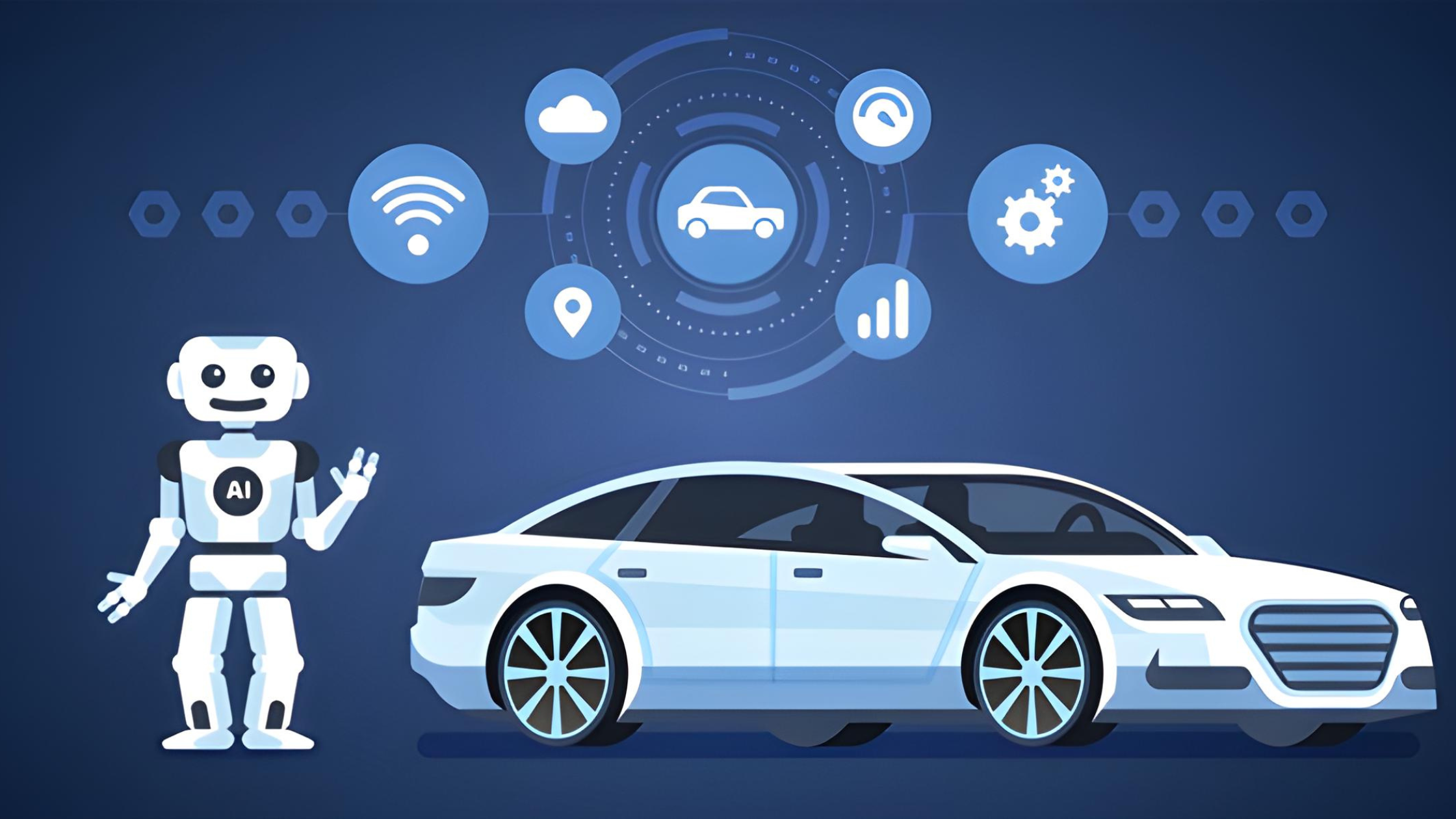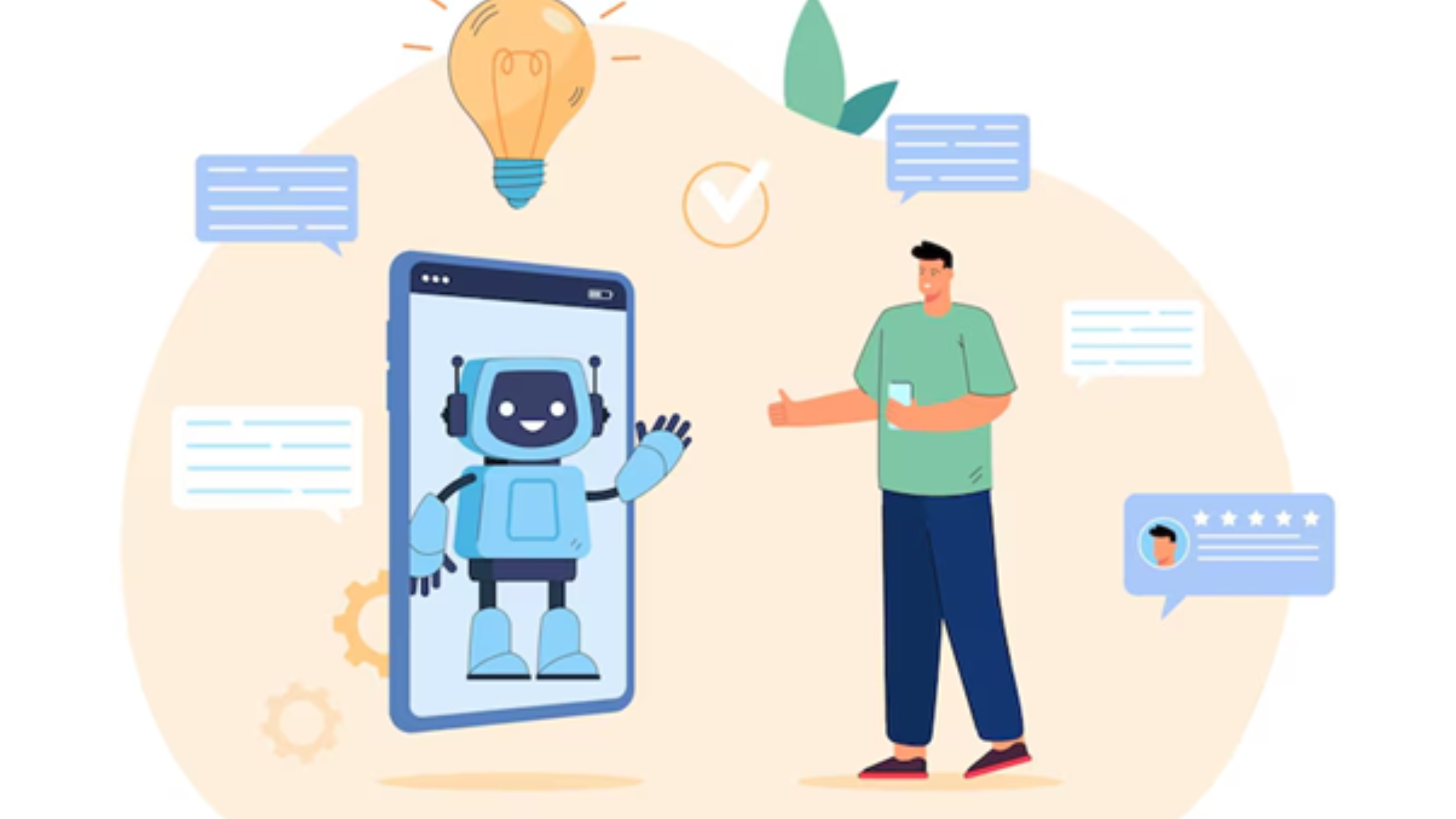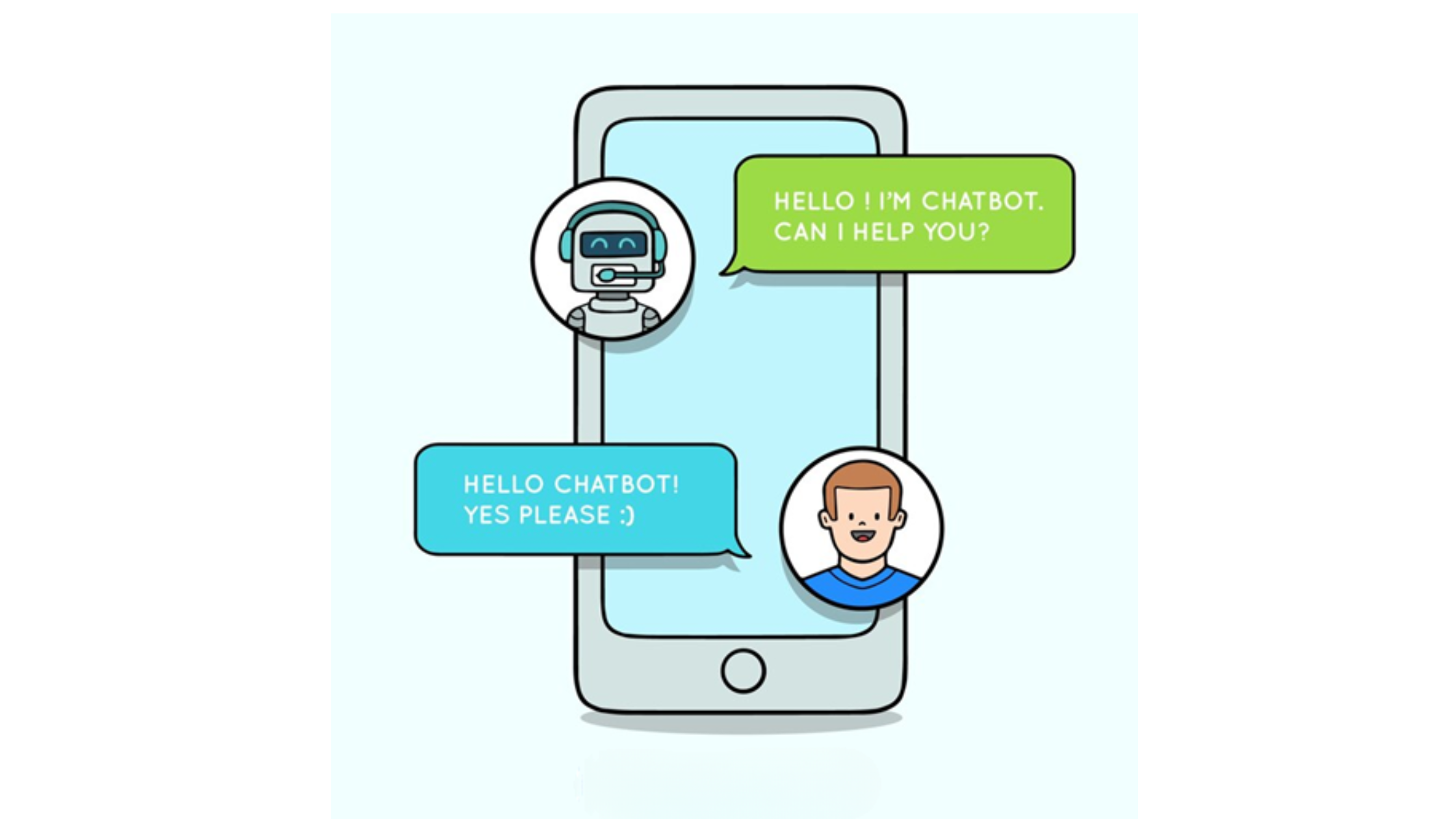MODIFIED ON: September 10, 2024 / ALIGNMINDS TECHNOLOGIES / 0 COMMENTS

Your customers are a part of a tech-savvy world. They want quick answers to their questions and fast resolutions to their problems. Your customers love interactive technologies in their vehicles too. You want to be at the forefront enabling all of the above for them. But where do you start? Enter conversational AI. This blog will cover how conversational AI technologies transform user experiences in the automotive industry. Read on!
What is conversational AI?

Conversational AI is a popular category of artificial intelligence. It powers computers to comprehend, process, and produce human language. One classic example of conversational AI is chatbots. When we say chatbots, don’t think of them as your conventional ones built on predefined scripts. Conversational AI chatbots use advanced algorithms to engage in dynamic and contextually relevant interactions.
Example use case: Let’s say your prospective customer is looking for a new car. However, they do not want to spend hours on the dealership website or calling multiple dealerships. How do you solve their problem? Enter conversational AI. You design an online assistant that helps your prospect throughout their purchase journey.

Your prospect asks the chatbot about a specific model, features, and availability. It provides detailed information, suggests similar models based on prospect’s preferences, and even helps locate the nearest dealership. Your prospect can inquire about financing options, and trade-in values, and schedule a test drive without leaving the chat.
This is how conversational AI works. It provides prospects/customers with a seamless and efficient car buying experience, increasing satisfaction and loyalty.
IBM defines conversational AI as “ technologies, such as chatbots or virtual agents, that users can talk to. They use large volumes of data, machine learning, and natural language processing to help imitate human interactions, recognize speech and text inputs, and translate their meanings across various languages.”
Google Cloud explains conversational AI as “a type of artificial intelligence (AI) that can simulate human conversation. It is made possible by natural language processing (NLP), a field of AI that allows computers to understand and process human language, and Google’s foundation models that power new generative AI capabilities.”
Conversational AI in the automotive industry – Best Benefits

Before we cover the advantages of conversational AI in the automotive industry, here are some interesting statistics to note:
> Automobile dealership companies that use conversational AI have experienced a 70% reduction in operational costs.
> The global conversational AI market stood at USD 7.61 billion in 2022 and is predicted to grow at a compound annual growth rate (CAGR) of 23.6% by 2030.
> The AI value in the automotive industry will reach $10.73 billion in 2024.
> As per Allied Market Research, the global in-car infotainment market is predicted to reach $37,530.4 million by 2028.
> Using conversational AI tools for customer service increases customer satisfaction by 41%.
> Around 64% of organizations believe that chatbots can facilitate enhanced personalized experiences for customers.
> Over 40% of prospects complete a website application with the assistance of a chatbot.
> AI chatbots tackle 31% of inquiries related to new cars and help resolve 90% of customer queries.
Now let’s look at the most popular benefits of conversational AI in the automotive industry:
1. Facilitates enhanced customer experiences
As mentioned earlier as well, your audience wants quick responses to their queries. Around 73% of your customers want better personalization with evolving technologies. 46% of consumers expect organizations to respond within 4 hours. In fact 12% of customers expect a response in less than 15 minutes. Yes, you heard it right! So, how do make sure you meet your customer expectations and enable smooth experiences for them? This is where conversational AI comes in.
Conversational chatbots can interact with customers 24/7 and provide them with prompt replies. Your customers no longer have to wait for business hours to get their doubts cleared during any kind of purchase activity, support, or product inquiry. With conversational chatbots, you enable self-service for customers and prospects. Your prospects want details about a car – they get it right away with the click of a button. When you are quick with your responses, it helps build customer trust and loyalty.
2. Drives lead generation
Statista study reveals that 26% of organizations using chatbots in their marketing programs attract 10%-20% more lead generation volumes. 25% of organizations experience between 10% – 15% increase in lead generation. Wondering how all of this is possible?
Conversational AI chatbots can be used in the automobile industry to perform pre-chat surveys, identify new visitors, and more. Your website or app visitor will always love the fact that a chatbot is there to help them with support any time of the day. Your leads are likely to convert when they find answers to their questions just when they want it. Conversational bots can guide visitors to the right information on your website and offer a pleasant customer experience. Moreover, chatbots are efficient in collecting customer information. This makes it easier for your sales reps to connect with them later regarding their specific concern or query.
3. Automates test drive booking
Gone are the days when your customers had to visit a service center or make several phone calls to book a test drive with automobile brands. Companies have integrated conversational AI into their work processes to make it easier for customers to interact with them.
Your potential customers can engage with your brand in a natural conversation via your chatbot or virtual assistant. They can check dealership availability, and free slots as per their preferences, and book a confirmed test drive appointment without any hassles – anywhere and anytime they want.
4. Enables personalized purchase assistance & recommendations
There’s no denying that conversation AI empowers automakers and dealerships to deliver highly personalized recommendations. Wondering how? Well, with the help of natural language processing, conversation AI can delve deep into customer preferences, and extract valuable insights from their queries, browsing history, and purchase behavior. This comprehensive understanding forms the foundation for accurate and relevant recommendations.
The best part? Leveraging advanced algorithms, conversation AI can create a dynamic recommendation engine that adapts in real-time to customer interactions. Your conversational AI system can suggest vehicles, features, and accessories that perfectly align with their needs.
Conversation AI also enables guided purchase. Your conversation chatbot can guide customers through the entire purchase journey, from initial research to finalizing the deal. It can provide information on available models, explain features, calculate estimated payments, and schedule test drives.
5. Post-purchase support
Conversational AI doesn’t stop at converting potential buyers into your customers. It facilitates post-purchase customer support and service too. Conversational chatbots and virtual assistants can help with answering questions about vehicle maintenance, scheduling service appointments, and offering assistance with warranty claims.
Get started with conversational AI with the best AI consulting services by AlignMinds

AlignMinds offers comprehensive AI consulting services in US, guiding businesses in understanding, planning, and implementing AI strategies tailored to their specific needs and objectives. Our AI engineers are instrumental in developing, implementing, and optimizing AI solutions, ensuring the successful integration of AI technologies into various applications.
Our solutions are designed to comprehend, generate, and interact using natural language, enhancing user engagement and experience. Key features include chatbots, voice assistants, text analysis, and language translation. To learn the details, connect with us today.
Leave a reply
Your email address will not be published.
-
Recent Posts
- The Role of AI in Business Growth: Top Trends for 2025 and Beyond
- The Evolution of Voice Search in AI: What’s Next for 2025?
- How to Hire an AI Developer: A Complete Guide 2025
- Top 10 Android App Development Trends in 2025
- Top Trends in Product Modernization for 2025 and Beyond
-
Categories
- MVP Development (5)
- AlignMinds (56)
- Operating Systems (1)
- Android POS (3)
- Application Hosting (1)
- Artificial Intelligence (49)
- Big Data (2)
- Blockchain (1)
- Cloud Application Development (8)
- Software Development (39)
- Software Testing (9)
- Strategy & User Experience Design (4)
- Web Application Development (28)
- Cyber Security (6)
- Outsourcing (7)
- Programming Languages (3)
- DevOps (5)
- Software Designing (6)
- How to Code (4)
- Internet of Things (1)
- Machine Learning (2)
- Mobile App Marketing (5)
- Mobile Application Development (25)
- Mobile Applications (11)







